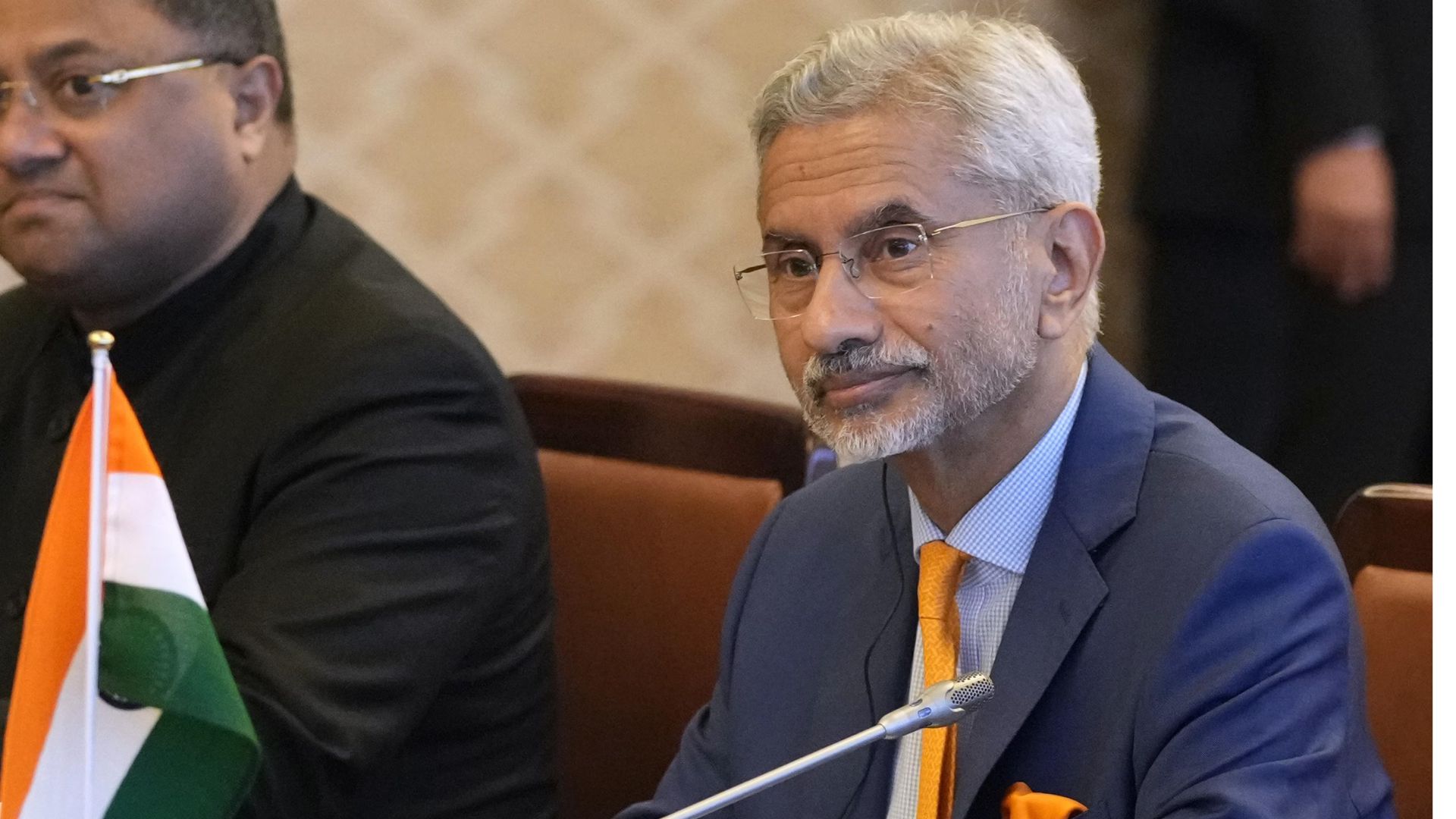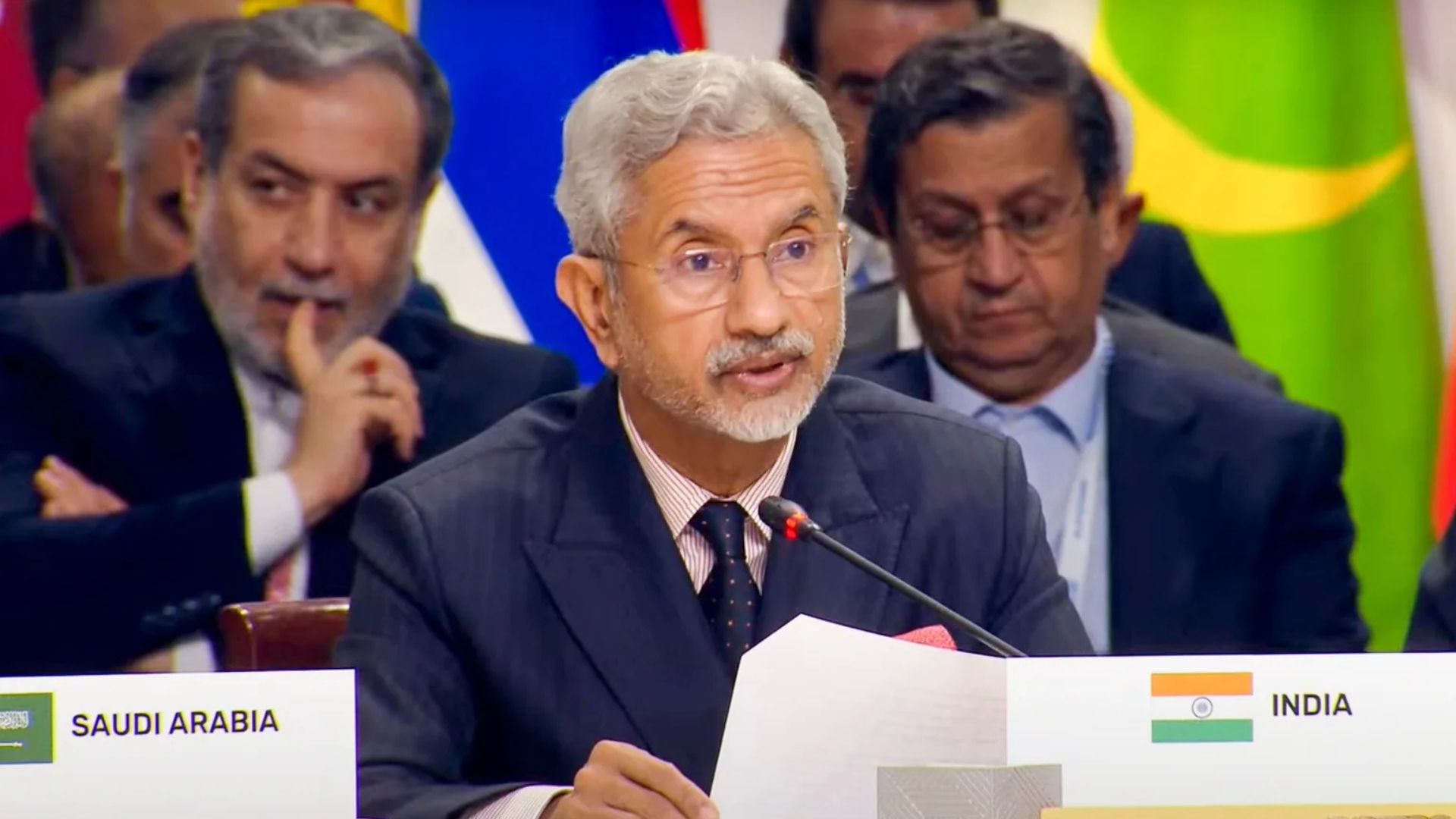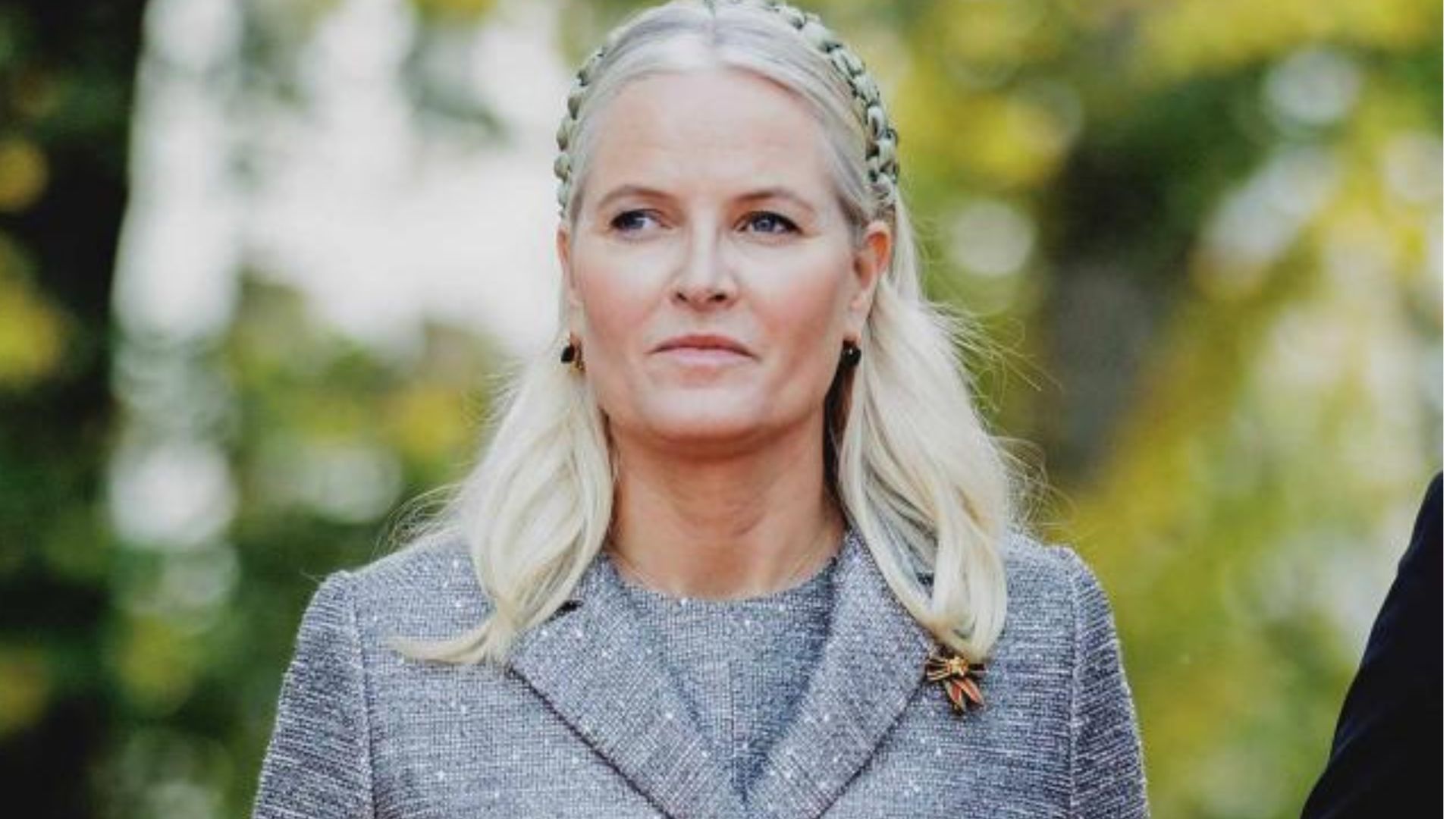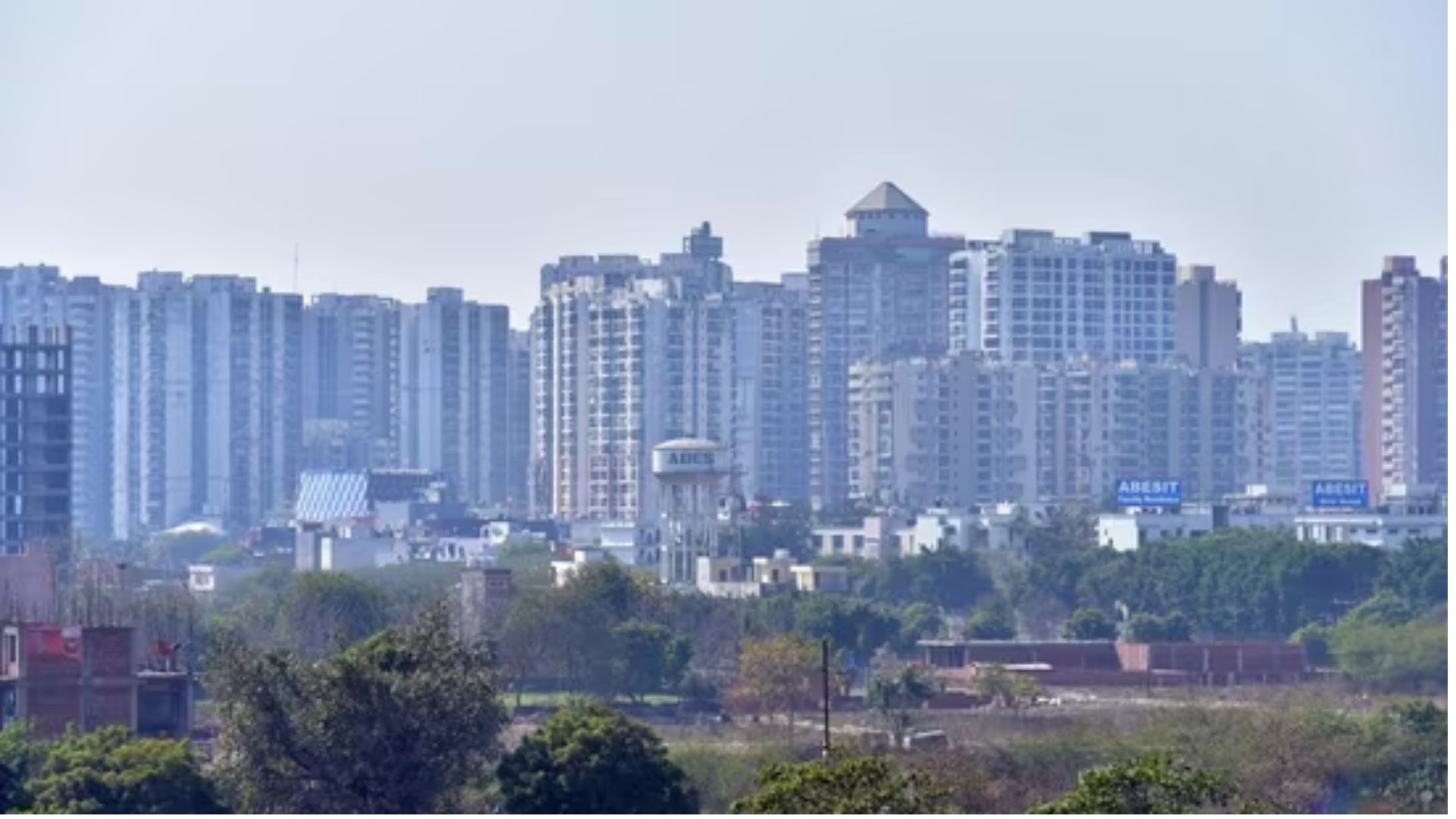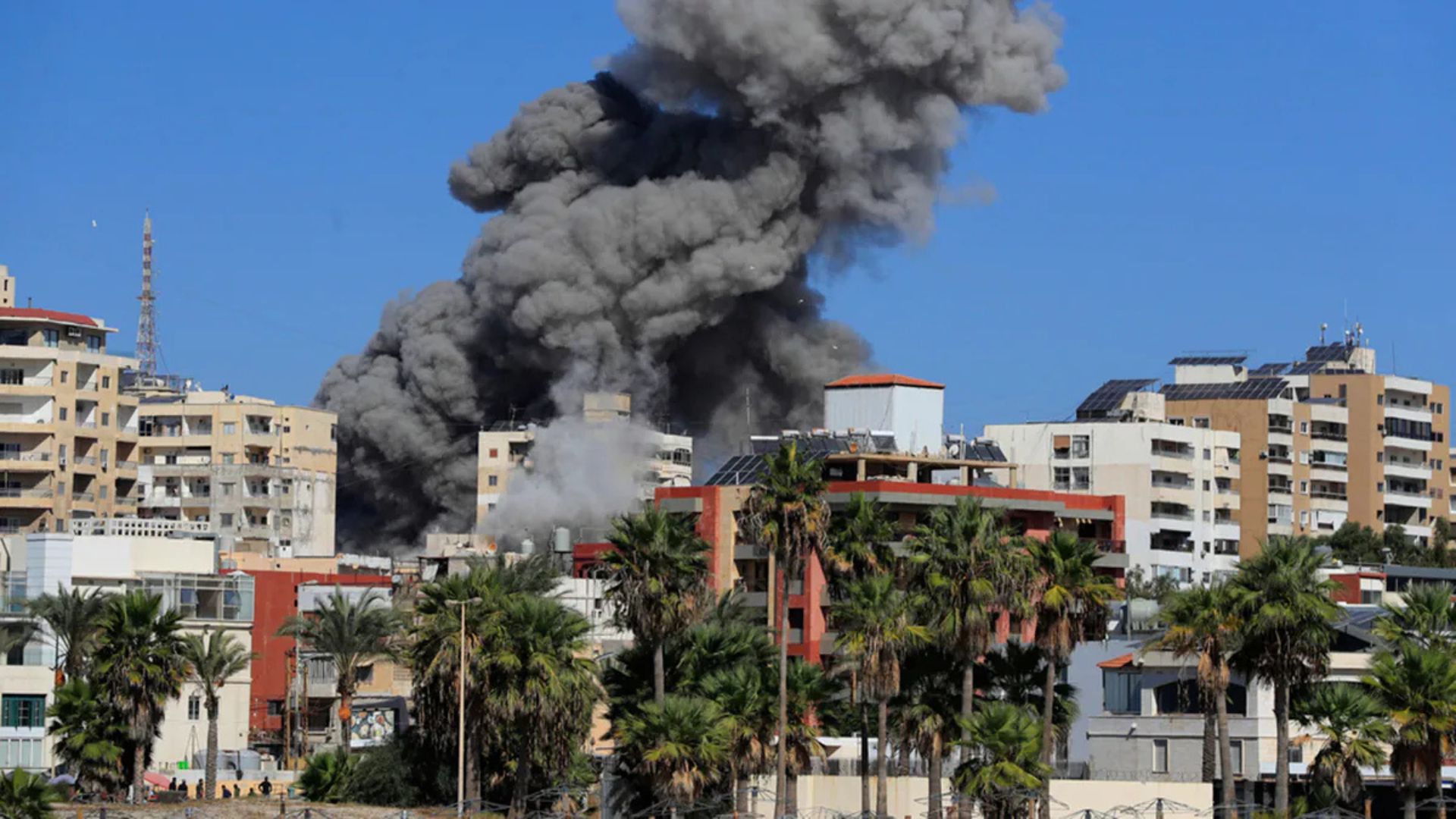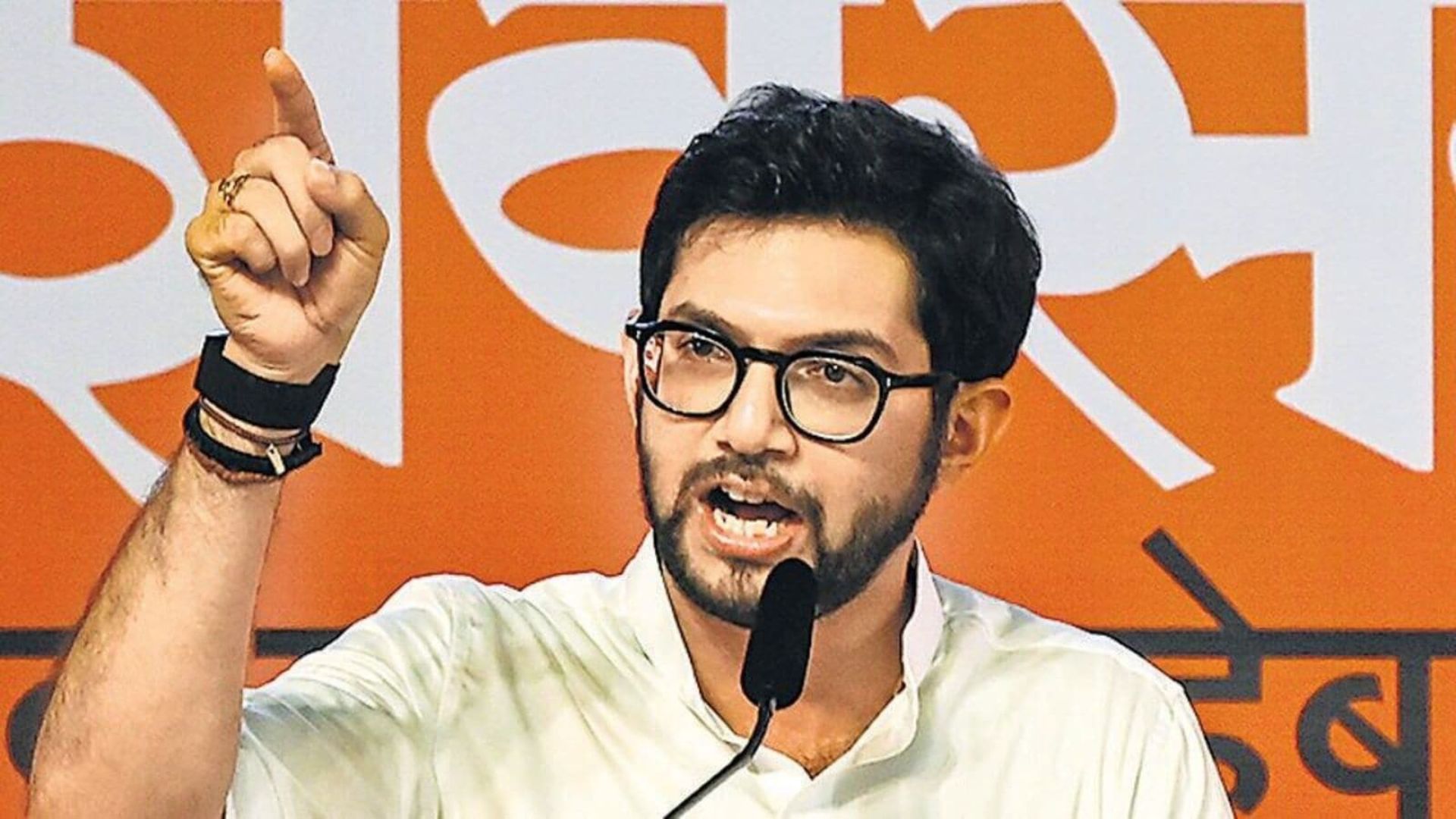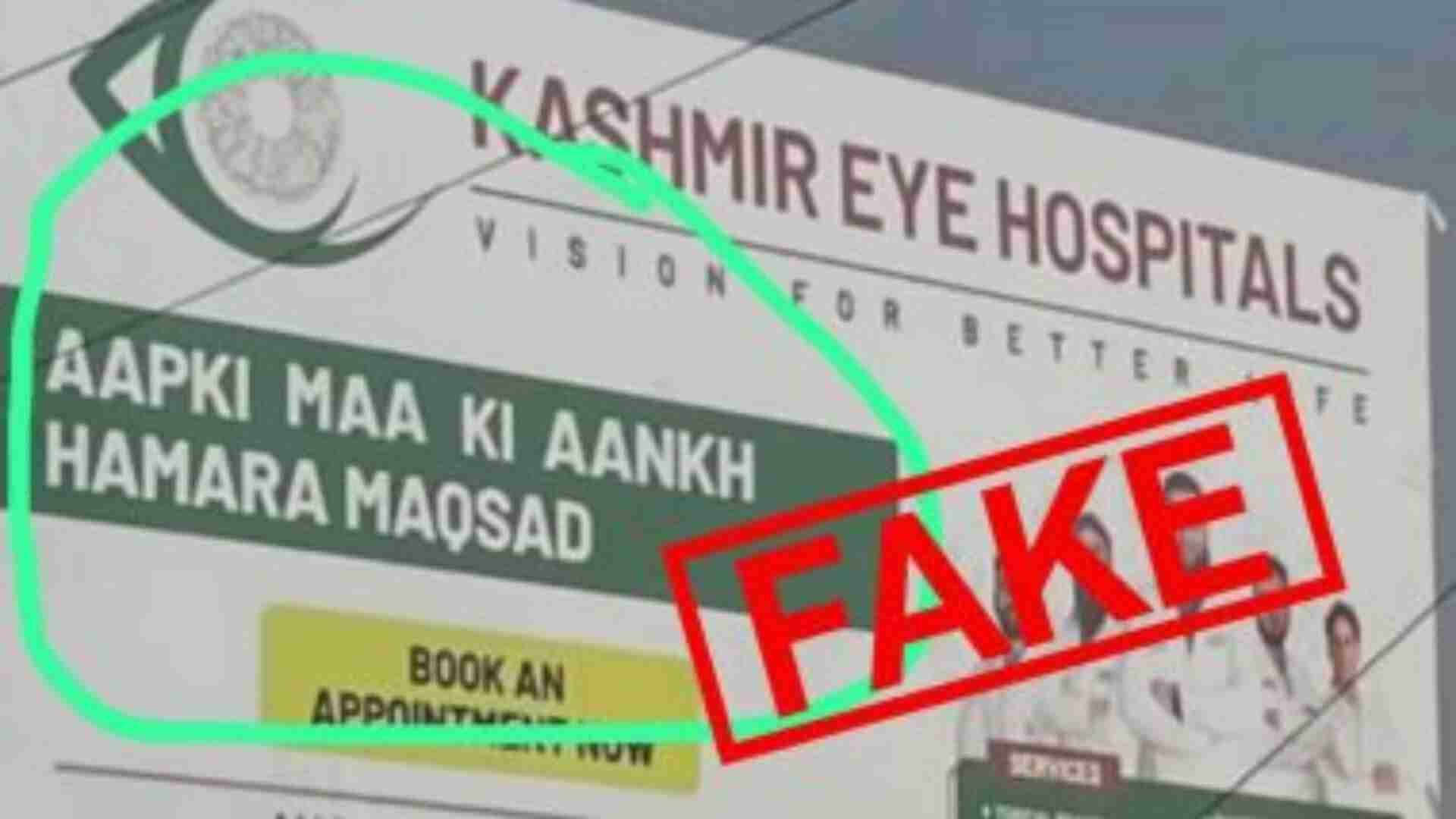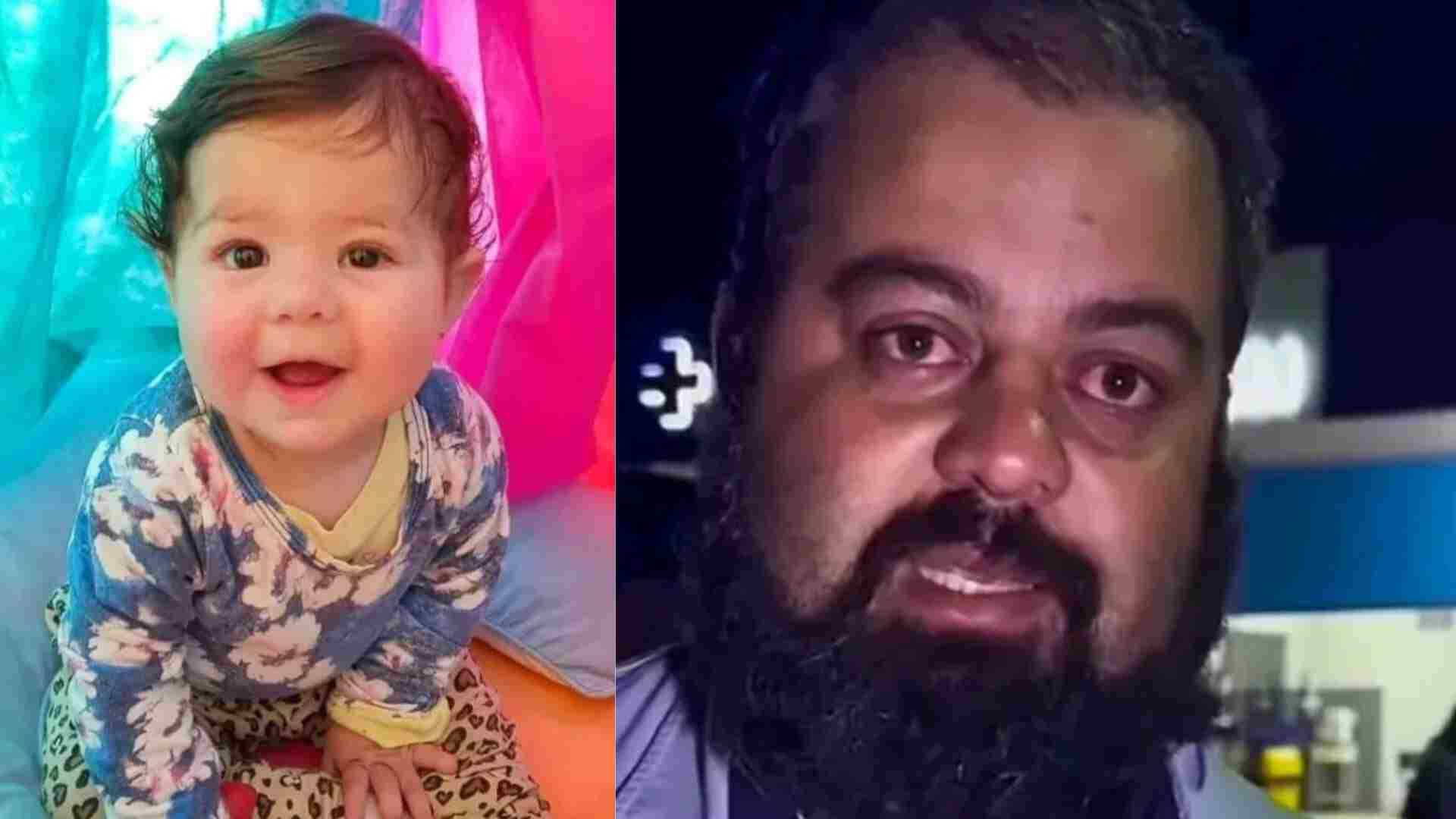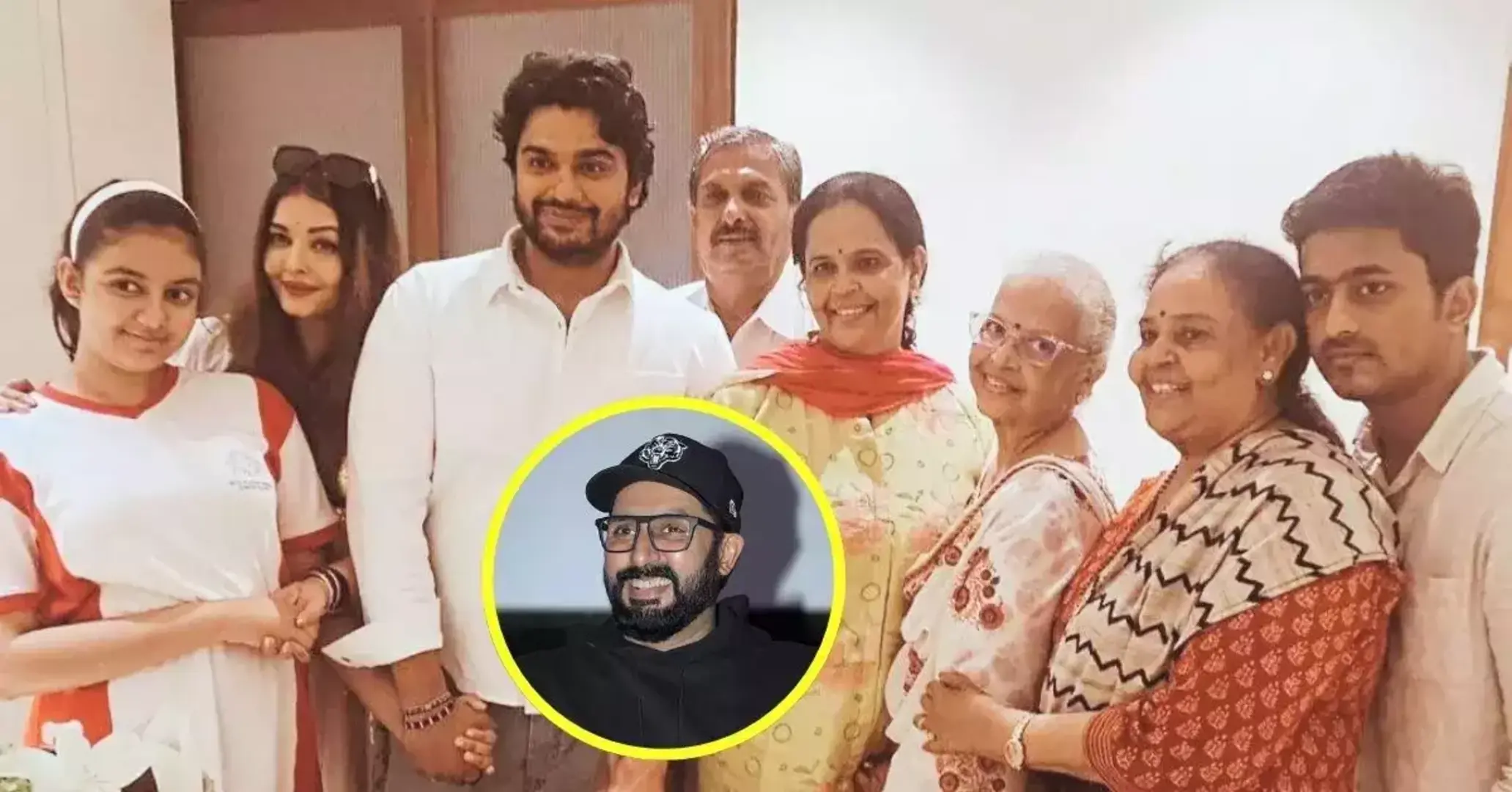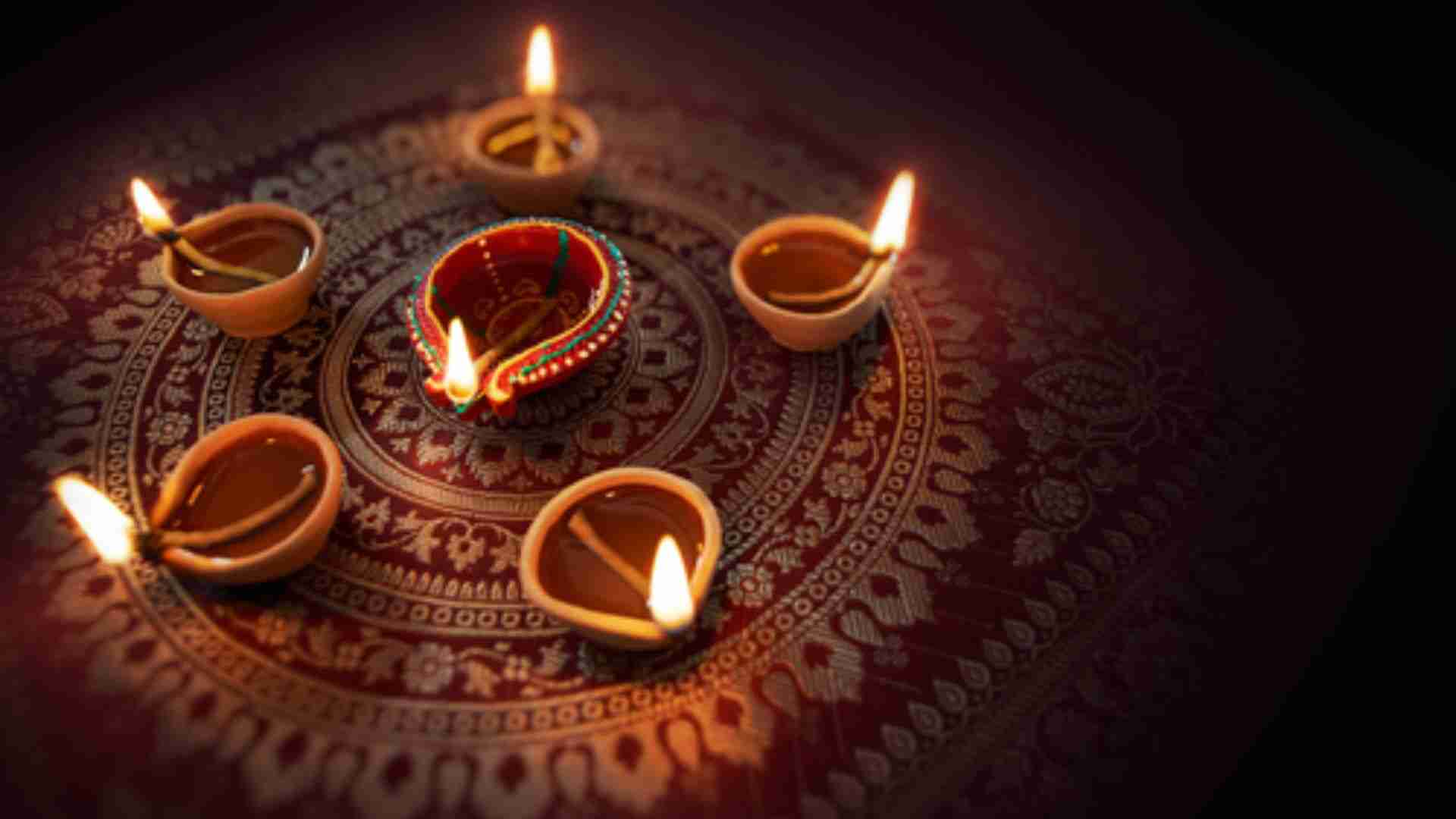
The list of non-Bangla speaking persons making it to Lok Sabha from Bengal is long and illustrious.
From Yusuf Pathan to B R Ambedkar and V K Krishna Menon, Bengal has a rich tradition of accommodating ‘outsiders’ and ‘visitors’ in Lok Sabha polls.
The list of non-Bangla speaking persons making it to Lok Sabha from Bengal is long and illustrious. Darjeeling and Asansol for instance, for years and decades have elected non-Bengalis such as Jaswant Singh, Inderjit Khullar and S S Ahluwalia. Even Soccer star Bhaichung Bhutia who lost to Ahluwalia, carried a tag of outsider as he hailed from neighbouring Sikkim. Former union railways minister Dineshbhai Trivedi, a Gujarati, won Barrackpore seat as a Trinamul nominee till he fell out with Mamata Banerjee to join the BJP.
Ten years ago, Biman Bose had defended the CPM’s decision to field Suhasini Ali, citing examples of other “outsiders”. Bose had said, “B.R. Ambedkar and V.K. Krishna Menon have represented Bengal…. Renu Chakraborty (wife of the late communist leader Nikhil Chakraborty) and Indrajit Gupta were Delhi-centric politicians but had contested from Bengal,” he had said.
Among the galaxy of stalwarts born in the 19th century, who played a pivotal role in shaping the destiny of free India and left an indelible imprint on our national life and polity, the name of Dr. Bhimrao Ramji Ambedkar shines like a star. Dr. Ambedkar was first elected to the Constituent Assembly, from Bengal in July 1946. In 1946 as we know, an Interim Government was formed under Pandit Jawaharlal Nehru. Nehru chose Ambedkar as country’s law minister. This came as a unique opportunity for Dr. Ambedkar who having perceived the discrepancies prevailing in the Hindu Society, wanted to bring in some reforms to ameliorate the lot of the Hindu women and untouchables. It was with this in mind that he painstakingly drafted the Hindu Code Blil and introduced it in the Parliament on 4 February 1951.
In 1969, a beleaguered VK Krishna Menon won from Medinipur, supported by the Communist-controlled United Front, a coalition of leftist parties that governs the state.
In April 2009, Major Jaswant Singh who had served as union defence and external affairs minister in Atal Bihari Vajpayee government reached Darjeeling flanked by then a united Gorkha Janamukti Morcha (GJM) leadership. Singh filed his nomination for the Darjeeling Lok Sabha constituency describing it as a big day in his life. “I feel humble. Filing the nomination with support of the GJM is a big day for me,” Singh said after completing the nomination formalities at the district magistrate’s office in Darjeeling. The crowd gave a shout, “Jai Gorkha, Jai Jaswant.”
However, it remains a great irony of sorts that Gorkhaland Statehood issue was never taken up or debated in Lok Sabha. This, despite the fact, that the GNLF had won the parliamentary elections from Darjeeling in 1989. With Subash Ghisingh?s party then satisfied with the council (DGHC) arrangement, Indrajit Khullar, the GNLF MP, never raised the issue. Though Khullar won another election in 1991 as a GNLF backed Congress candidate, the demand always remained in the backburner.
The exit of Surinder Singh Ahluwalia from the Rajya Sabha marks an end to an eventful parliamentary career of a member of ‘ shouting brigade’ who had little remorse in changing loyalties as colour of his turban.
Ahluwalia, a businessman, had entered Rajya Sabha as a member of then prime minister Rajiv Gandhi’s “shouting brigade” consisting mostly of first-timers who had been hand-picked by the young prime minister. The bridage comprised of Suresh Pachauri, Ratnakar Pandey, Ahluwalia and Baba Mishra; their only claim to fame was that they had the ability to pounce on anyone who dared to speak against Rajiv or Sonia betwen 1985-1991.
S S Ahluwalia who presented both Darjeeling Asansol in Lok Sabha on BJP ticket was once a die-hard supporter of Rajiv Gandhi. He had little remorse in changing loyalties as the colour of his turban.
Soon after Rajiv Gandhi assassination, Ahluwalia had tried hard to prevail upon Sonia to take over the party leadership. At one juncture, Sonia got so tired of their antics and statements that she denied him an audience. Ahluwalia began embarking on an annual yatra collecting holy water from all the rivers and carrying it to Sriperumbudur, the spot near Chennai where Rajiv was killed. Ahluwalia, known to make best use of the political opportunity, eventually gave up on Sonia and joined hands with Narasimha Rao and in 1995 become a junior minister. In the fag end of 1997 when the Congress was tottering under Sitaram Kesri, Ahluwalia shifted loyalty to join the BJP. By 2002-2003, he was the BJP’s favourite spokesman to attack Sonia on major TV networks.
At another level, Mamata Banerjee’s criticism of prime minister Narendra Modi as the “bohiragoto” (outsider or alien) sounds hollow in the wake of her own decision to field Kirti Azad, Yusuf Pathan and Shatrughan Sinha. Banerjee had sought to attack Modi as a person who cannot read, speak, or write in Bengla language. However, her choice of using “bohiragoto” would now act as a counter for the likes of Yusuf Pathan, Kirti Azad and Shatrughan Sinha.
